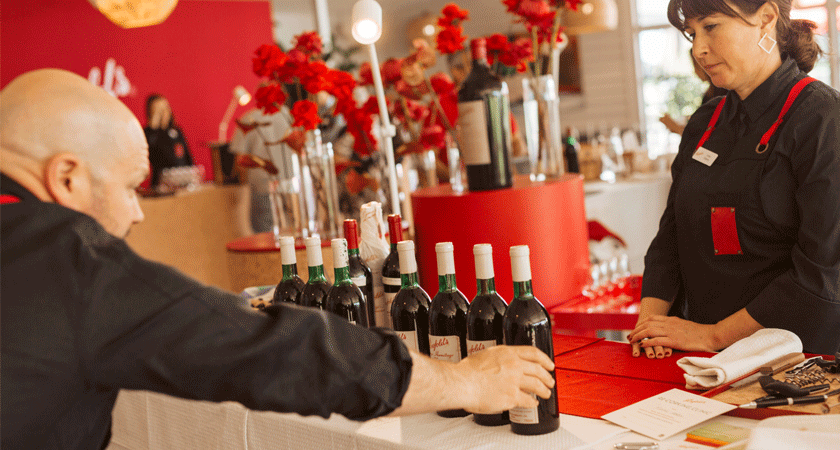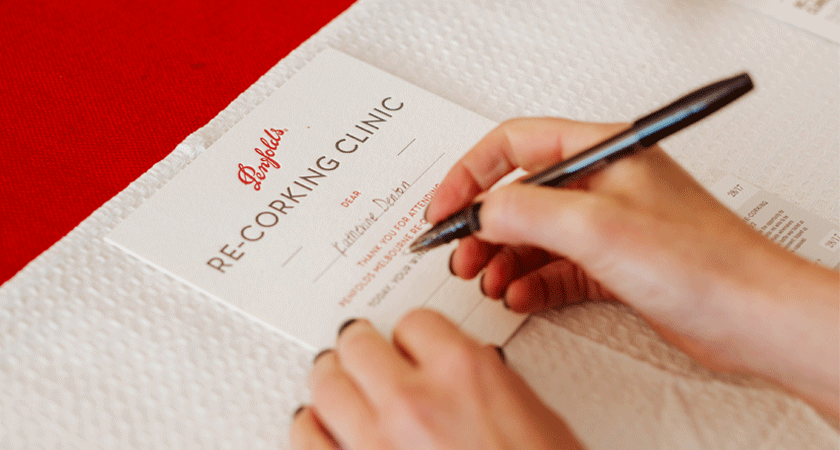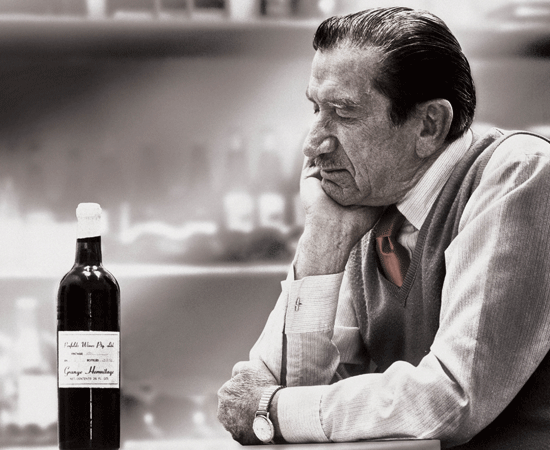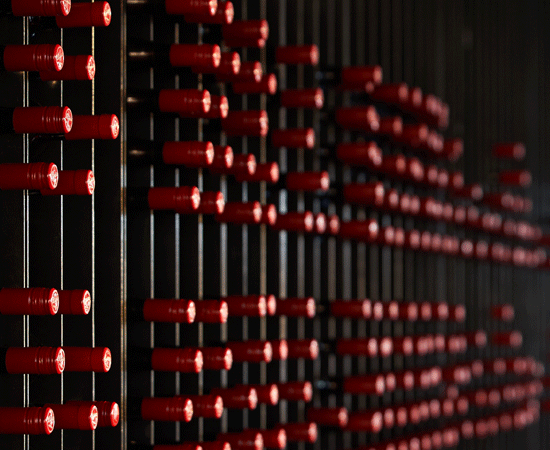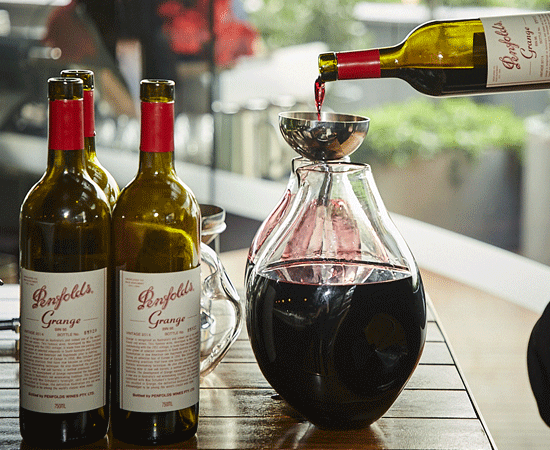一起开启您的传奇吧。

Penfolds Re-corking Clinics
The ultimate after care service for your prized Penfolds red wine
Penfolds Re-Corking Clinics are the epitome of after care service. A unique service in the world of wine, offering connoisseurs and investors an elevated after care experience for their most prized Penfolds bottles. Inspired by Max Schubert, the creator of Grange, who was known to re-cork old vintages of Grange for his friends, this complimentary service showcases our ongoing commitment to quality and care.
What is a Penfolds Re-corking clinic?
Collectors are invited to meet with our winemakers to have their prized Penfolds red wines opened, assessed, topped up, certified, re-corked and re-capsuled as required. Since the first clinic in 1991, our winemakers have assessed over 200,000 bottles across four continents. The service is available for all cork closure Penfolds red wines, aged fifteen years or older.
Guests enjoy an immersive experience going beyond the assessment of their wine with complimentary wine flights and personalised keepsakes. We also provide an educational element to support collectors in the custodianship and cellaring of their wine, ensuring their collection is cherished for years to come.
Collectors worldwide have embraced Penfolds Re-Corking Clinics, with bottles arriving for assessment dating back to the 1940s and 1950s. Those interested can also have their wine valued through respected secondary wine auction partners on site, such as Langtons or Christies.
What are the benefits of re-corking my wine?
We don’t re-cork wine unless necessary, as it can only be done once. When a bottle is opened, it undergoes oxygenation; therefore, specialised tools are used by our winemakers to reduce the impact on the wine. A very small amount is poured from the bottle to assess, and the bottle is then topped up with the current vintage of that wine, arresting any further deterioration due to leakage or low levels. Some collectors investing via the secondary market prefer to purchase a re-corked bottle as the condition has been certified, therefore minimising risk.
Does my wine qualify for Penfolds Re-Corking Clinic?
To qualify for an appointment at our clinics, your red wine must be fifteen years or older and can’t have been re-corked previously. Should you have purchased your wine through the secondary wine market and it has been re-corked before, you’ll find a certification label on the back of the bottle signed by a winemaker. Ideally, your wine has been well-cellared and has good ullage.
GREEN ZONE - your wine doesn’t require re-corking
AMBER ZONE - requires re-corking
RED ZONE - wine is no longer certifiable and will not be re-corked
Please note: wines on the cusp of Amber and Red zones should be booked for an appointment at out next available clinic.
Meet the winemaker
At a clinic you will talk face-to-face with our winemaking team. Re-corking Clinics allow wine enthusiasts the opportunity to, as required, open and visually inspect their wine, assess the quality, top up, certify, and re-capsule their prized bottles, arresting any further deterioration due to leakage or low levels. Understanding what qualifies for re-corking is essential before booking an appointment. In this short video, Jamie Sach, Penfolds Global Ambassador, shares all you need to know.
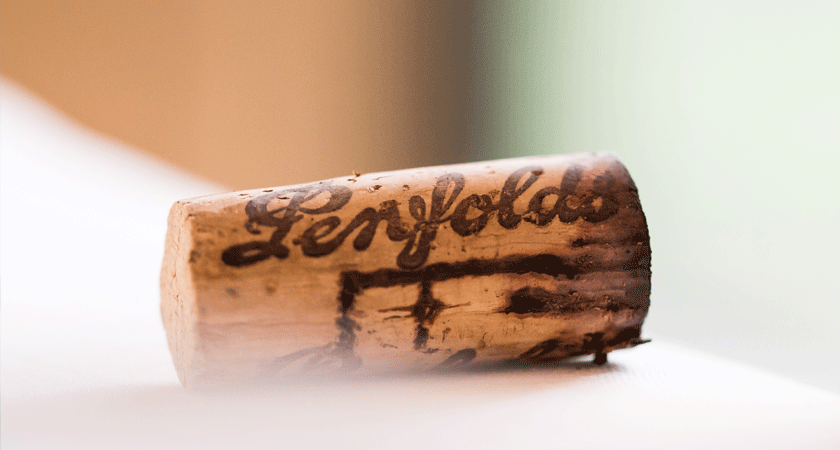
Re-corking clinics history
Since their inception in 1991, over 130,000 bottles across four continents have been brought to clinics and checked by our winemakers. Now an institution, the service was inspired by Max Schubert, the creator of Grange, who would re-cork old vintages of Grange for his friends.
The evolution of Penfolds Re-Corking Clinics
As our clinics evolve, we are dedicated to providing an exceptional experience for our collectors. Our esteemed re-corking clinics have been conducted in cities around the world, including New York, Shanghai, Singapore, Vancouver, Munch, London and Sydney.
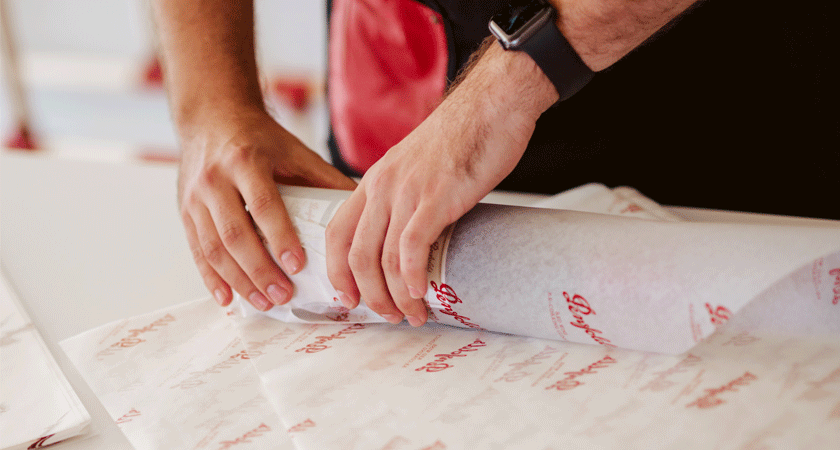
Upcoming re-corking clinics
We recommend joining our mailing list to be notified when clinics are coming up in your closest city.
Should you have any concerns regarding the state of your Penfolds wines, or would like to discuss their cellaring potential and storage, please contact us at [email protected].
